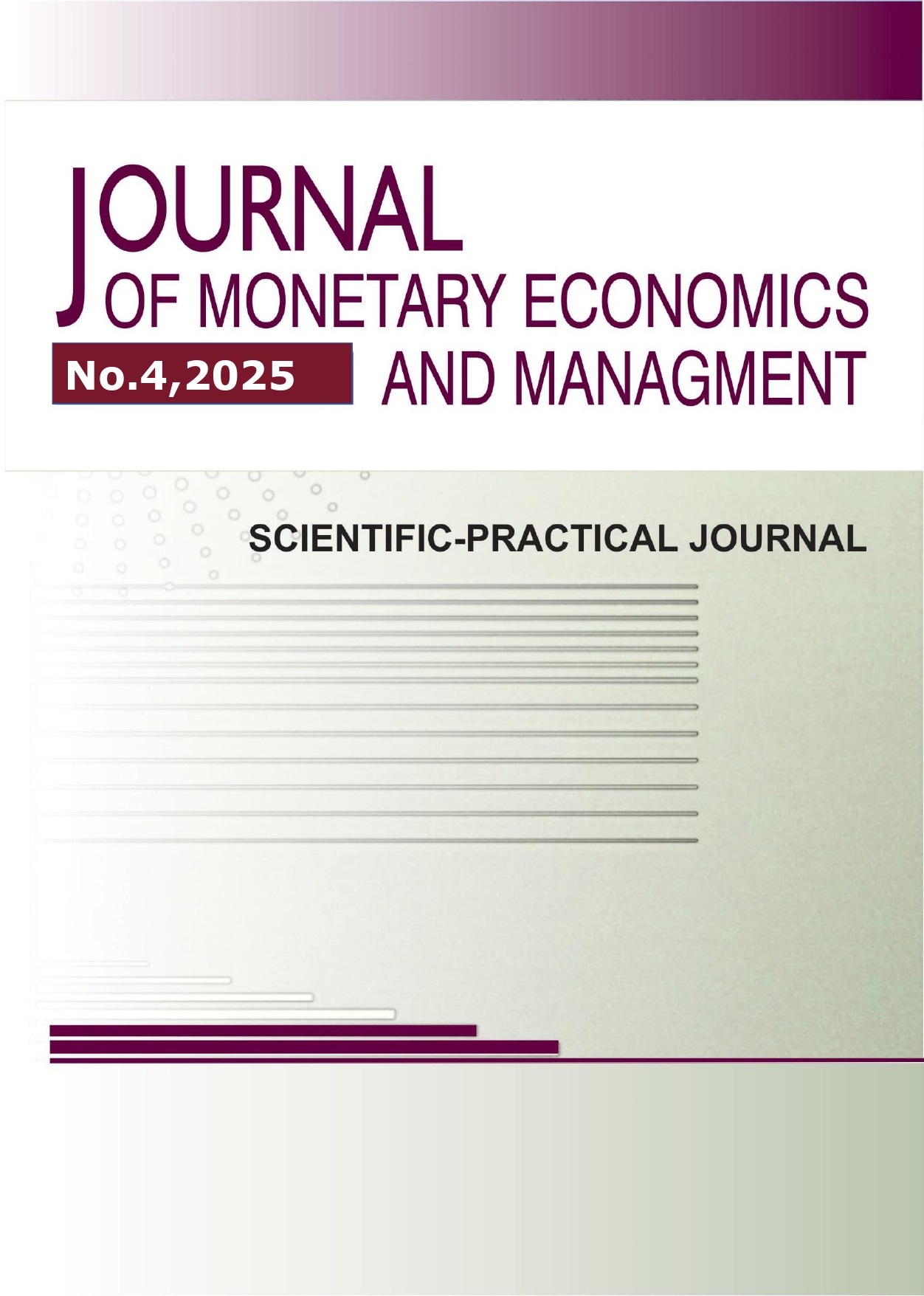student
student
employee
The article examines the application of optimization models for labor market supply and demand management. The authors analyze key mathematical modeling techniques, including linear and nonlinear programming, stochastic optimization, and agent-based modeling. Special focus is given to practical applications in occupational shortage forecasting, migration flow regulation, and improving government employment programs. Case studies from Russia and abroad (e.g., Canada's Express Entry system and German employment subsidies) demonstrate the effectiveness of optimization approaches. The research highlights how these models reduce labor market imbalances by 15-30% compared to traditional planning methods. The paper also explores emerging trends in AI and big data integration for labor analytics. The findings are relevant for labor economists, policy makers, and researchers in socioeconomic modeling.
optimization models, labor market, supply and demand management, forecasting, mathematical modeling
1. Berezhnaya E.V., Berezhnoy V.I. Matematicheskie metody modelirovaniya ekonomicheskih sistem. – M.: Finansy i statistika, 2020.
2. Labor Market Optimization: Theory and Applications / Ed. by P. Saha. – Springer, 2021.
3. Oficial'nyy sayt Rosstata. – URL: https://rosstat.gov.ru (data obrascheniya: 02.04.2025).
4. World Employment and Social Outlook: Trends 2024. – ILO, 2024.









